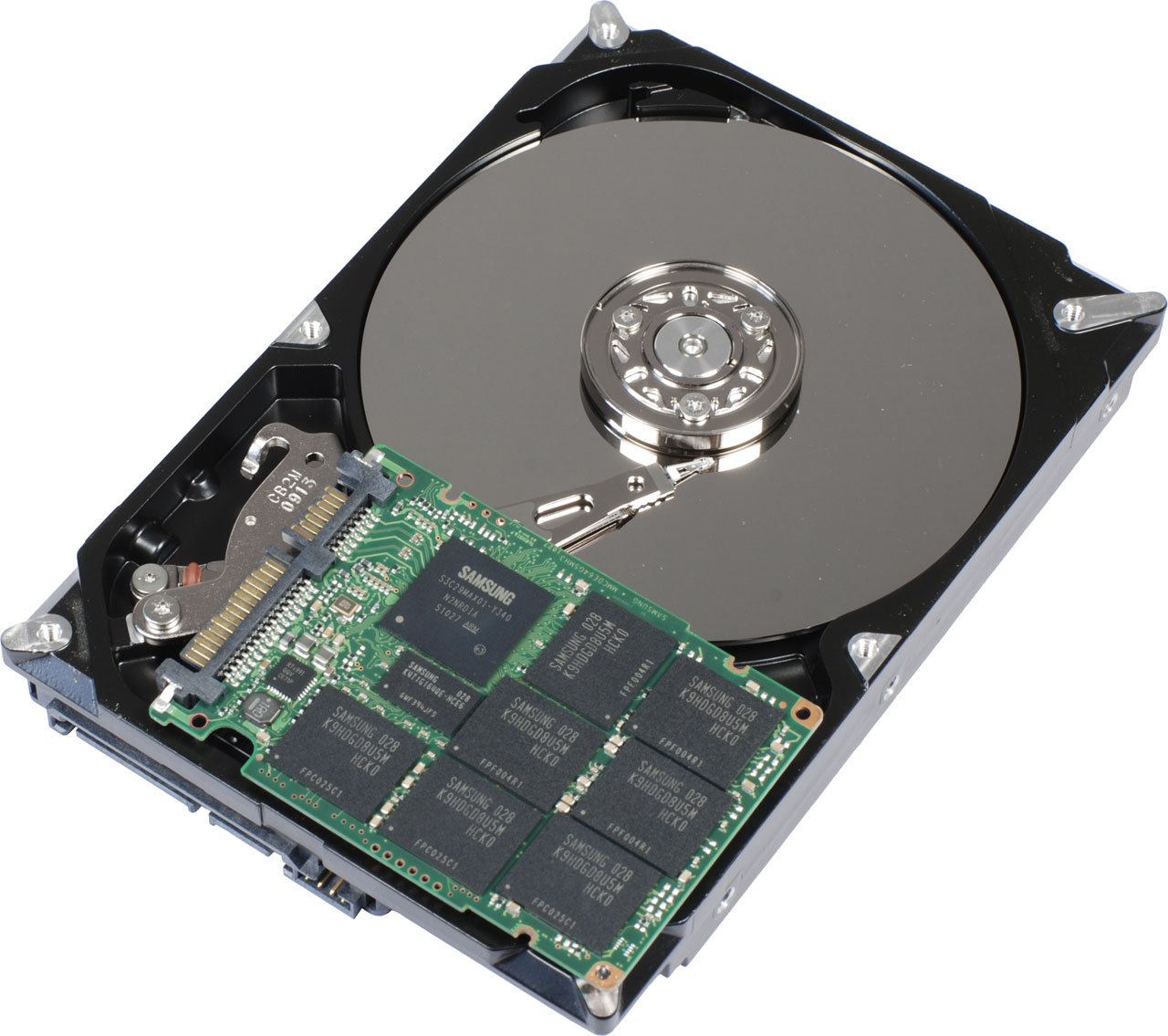Should You Upgrade? From A Hard Drive To An SSD
Should you buy a new processor for your next machine? How about a new graphics card? Have you given any thought to the status of your storage subsystem? We're making a case for incorporating solid-state technology the next time you're upgrade-shopping.
Characteristics: Hard Drive Versus Solid-State
Performance
As you'll see in the video toward the end of this story, an SSD can significantly speed up a modern PC any time you launch an application, load a game level, or import lots of data. Why? Often, smoking-fast data rates are cited. Compared to SSDs, 2.5” hard disks achieve 60-100 MB/s, while 3.5” drives hit in the 100-150 MB/s range. Those spec sheet figures represent a best-case scenario for mechanical storage, though. The vendors quote numbers while their products move large amounts of data sequentially. To be fair, SSD vendors also pick best-case tests when they draft their specifications. But because both technologies work differently, the numbers aren't as easily compared.
As soon as the disk's read or write head has to change tracks, a delay that seems archaic by modern standards is incurred. Consequentially, I/O-heavy applications like Windows' boot-up, where thousands and thousands of small data blocks are read, do not favor hard drives (even modern ones). The effective data rate winds up being only a few MB/s. Thus, while disk drives do a great job of holding large quantities of data, they are not ideal as system drives or for hosting performance-sensitive applications.
SSDs store their data on NAND flash. In fact, they employ a number of memory chips operating in parallel, communicating across data channels. Combined, all of a drive's channels are able to achieve sequential read speeds ranging anywhere from a couple hundred megabytes per second to more than 550 MB/s. As mentioned, sequential performance is where hard drives shine, too.
Writing to an SSD is complicated by the fact that only whole blocks can be written. Even if the operation only involves a few bits, it may be necessary to read, erase, and finally rewrite one or two blocks per channel. Thus, hundreds of megabytes per second can turn into just a few dozen. Here's the thing, though: as long as we're talking about 4 KB blocks, which are used by modern file systems, SSDs are still 10 to 20 times faster than hard disks, sustaining write speeds in the two-figure MB/s range as hard drive performance drops into the KB/s as a result of the head movements. This difference in performance is quite noticeable.
Mechanical Construction
SSDs have no moving parts, and are thus extremely robust. Theoretically, if you were to subject one to extremely high vibration or shock, solder joints could come undone, but that would be pretty unlikely. While solder joints could also separate in a hard drive, the real issue there is the use of mechanical read and write heads over a quickly-rotating platter, almost like an old-fashioned record player. Anything more than the faintest vibration impedes the performance of a disk drive, not to mention the risk of catastrophic mechanical defects like the infamous head crash, where the head impacts the physical media. Although hard drives (especially 2.5” ones), are quite resilient nowadays, we would still not call them robust, in stark contrast to SSDs.
Get Tom's Hardware's best news and in-depth reviews, straight to your inbox.
Power Draw and Heat
SSDs draw a few watts at most. Hard disks, however, can draw 10 W or more during sustained head movement. Modern SSDs don't even really get warm. Disk drives, on the other hand, often necessitate cooling. While normal front-to-back circulation through your case may be enough, the heat dissipation of your hard drive is something to think about as you build your system.
Weak Spots
Whether an SSD will suddenly go belly-up on you cannot be predicted, which is pretty much the case for hard drives as well. However, the latter are more prone to failure due to their combination of electronics and mechanics. This may partly depend on how they are treated. In comparison, SSDs seem to be more susceptible to issues with their firmware. The potential problems are different, but still present in both cases. For more about SSD reliability, check out Investigation: Is Your SSD More Reliable Than A Hard Drive?.
Current page: Characteristics: Hard Drive Versus Solid-State
Prev Page Drives: Samsung 470 Series (SSD) And Seagate Barracuda XT (Hard Drive) Next Page Test System